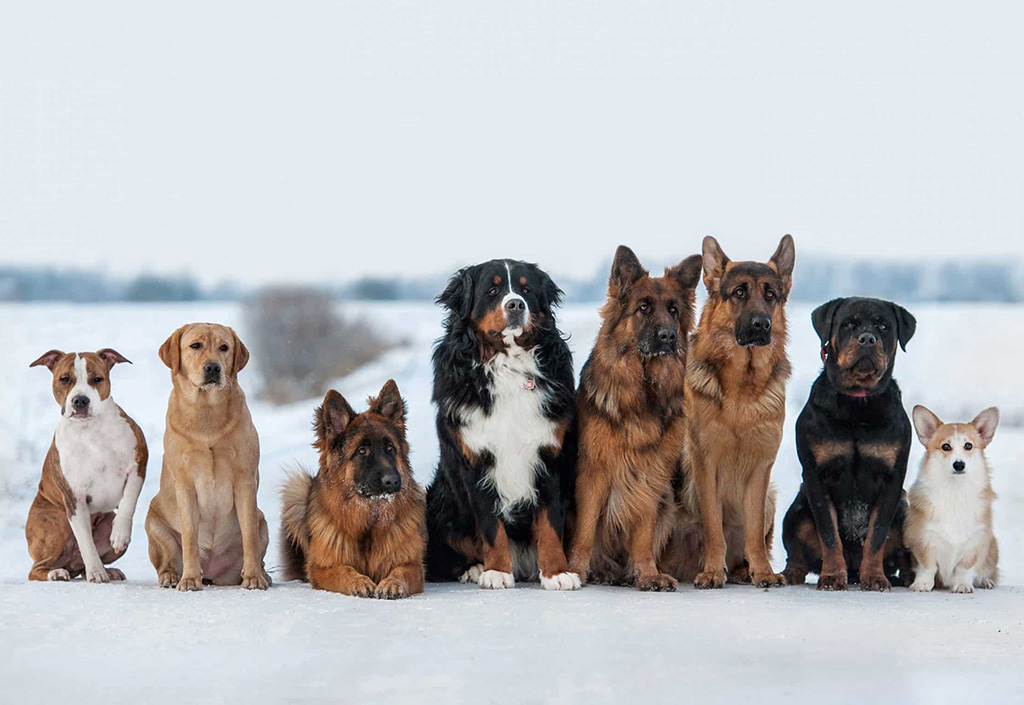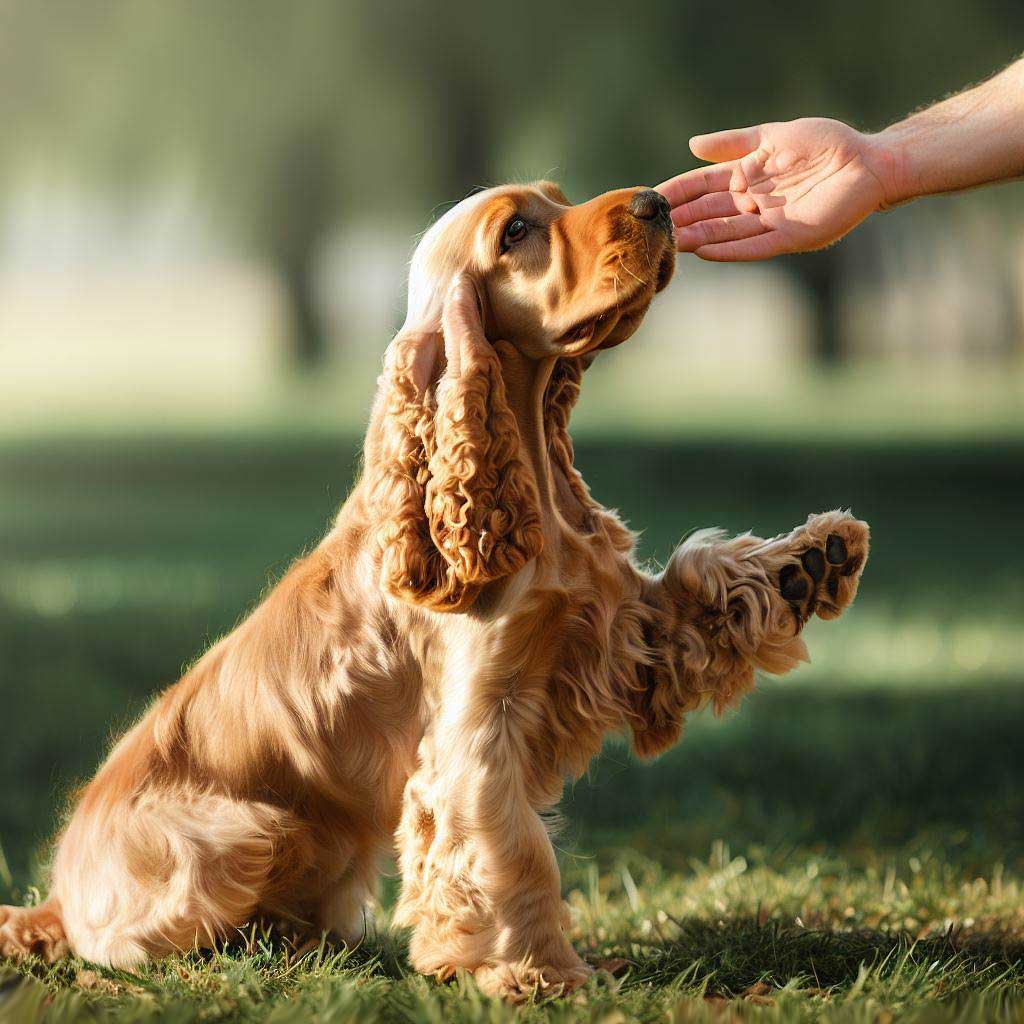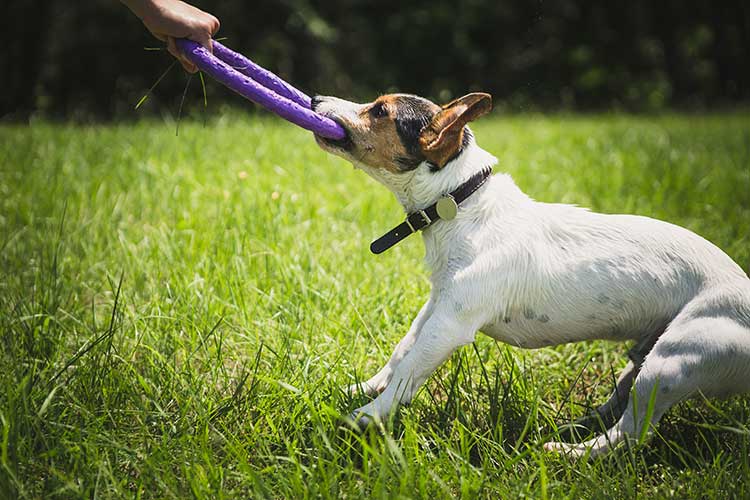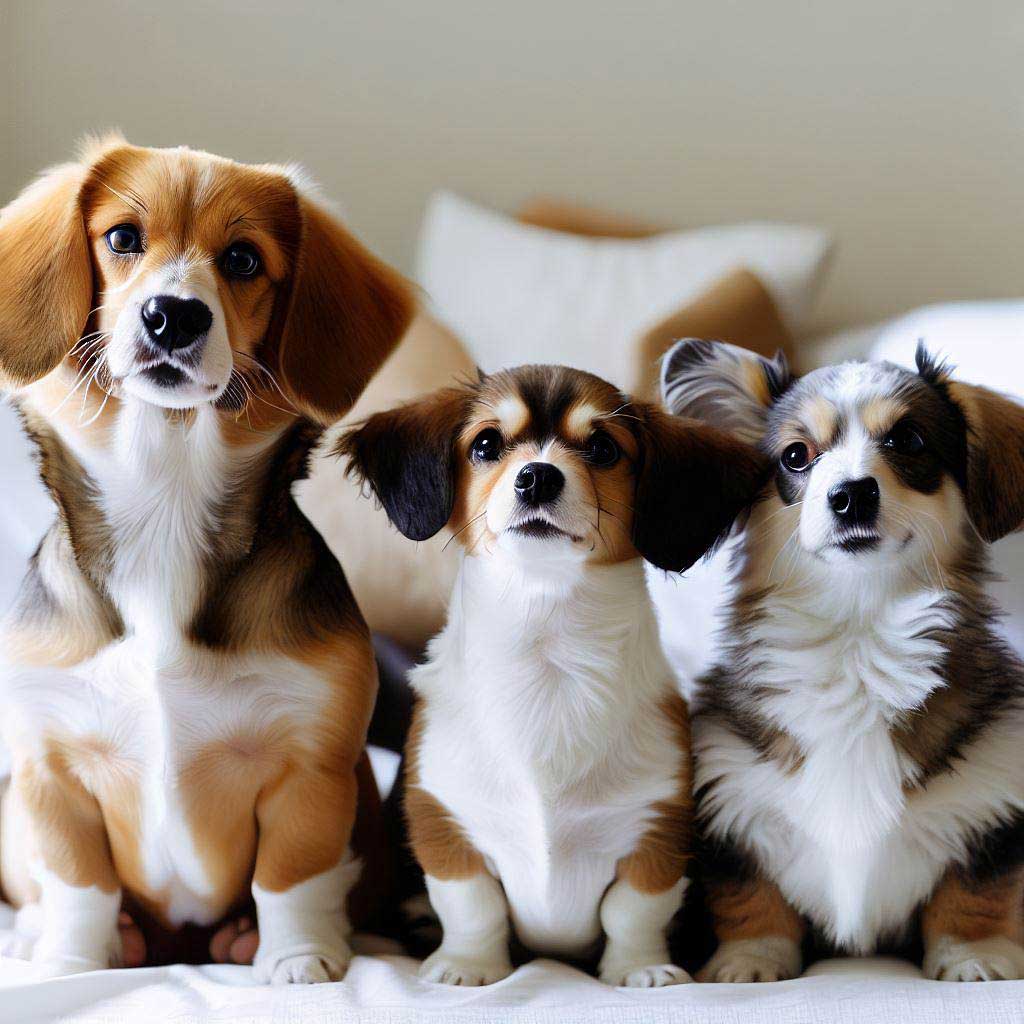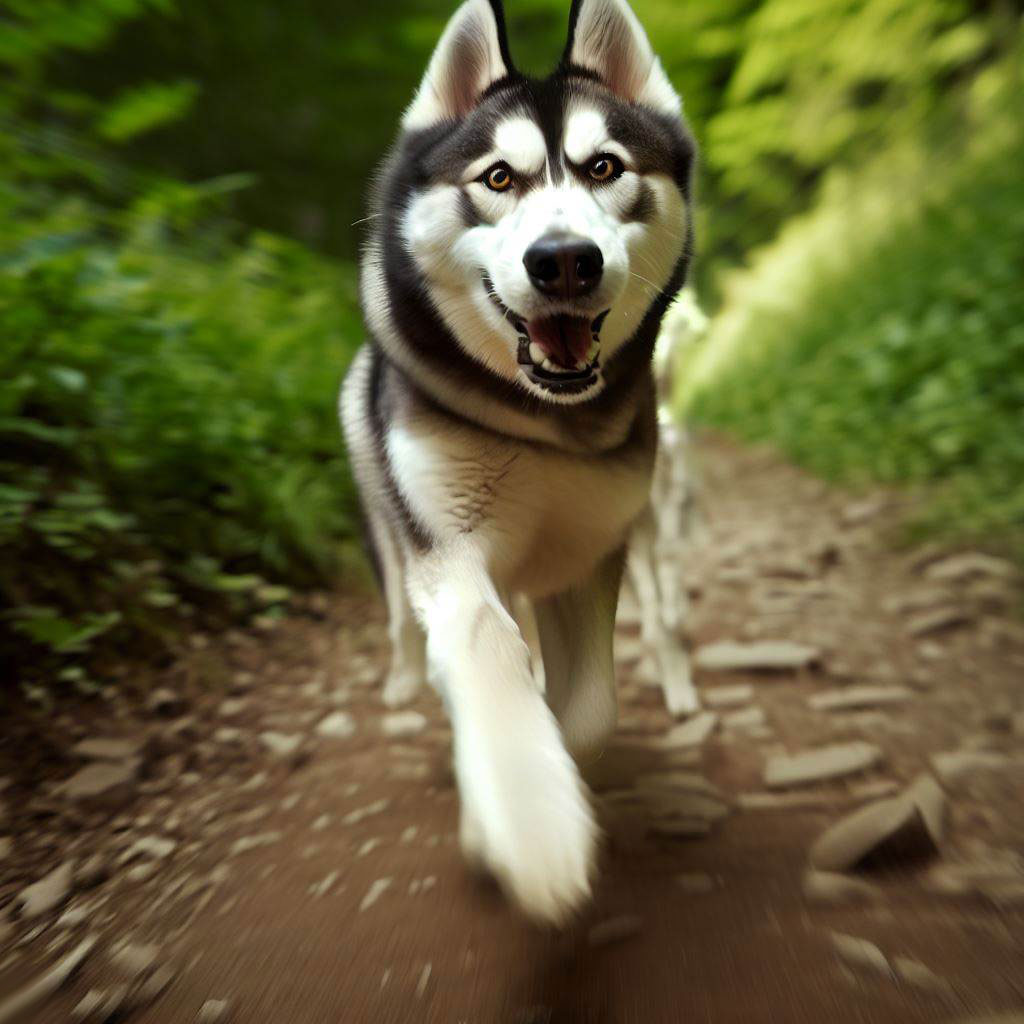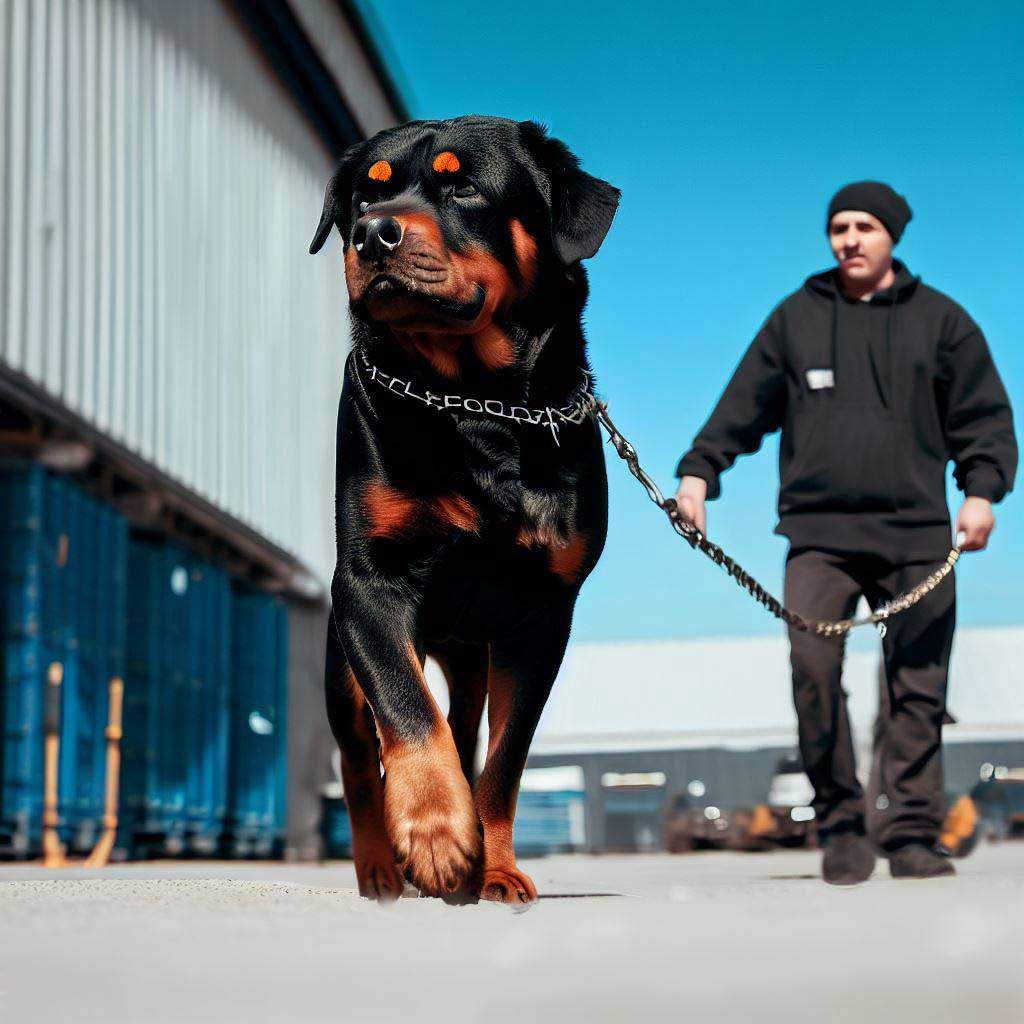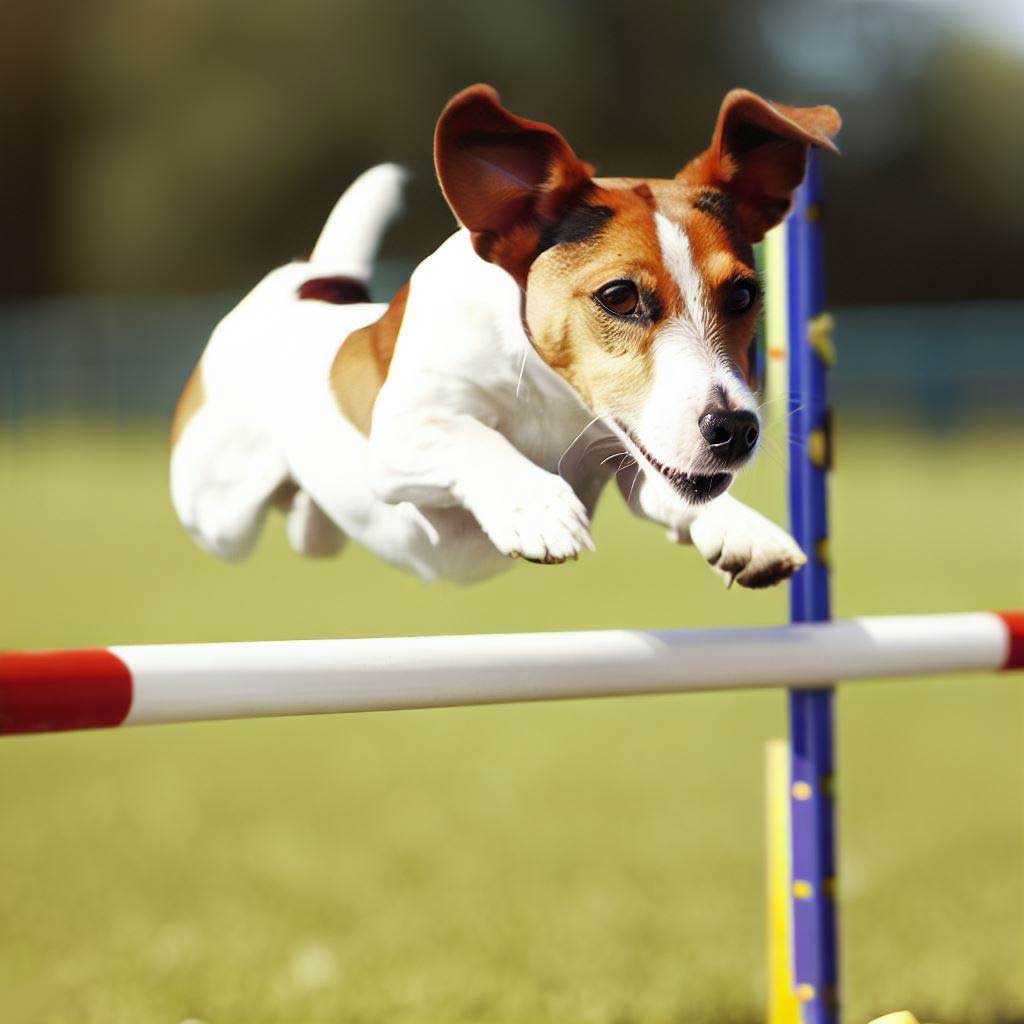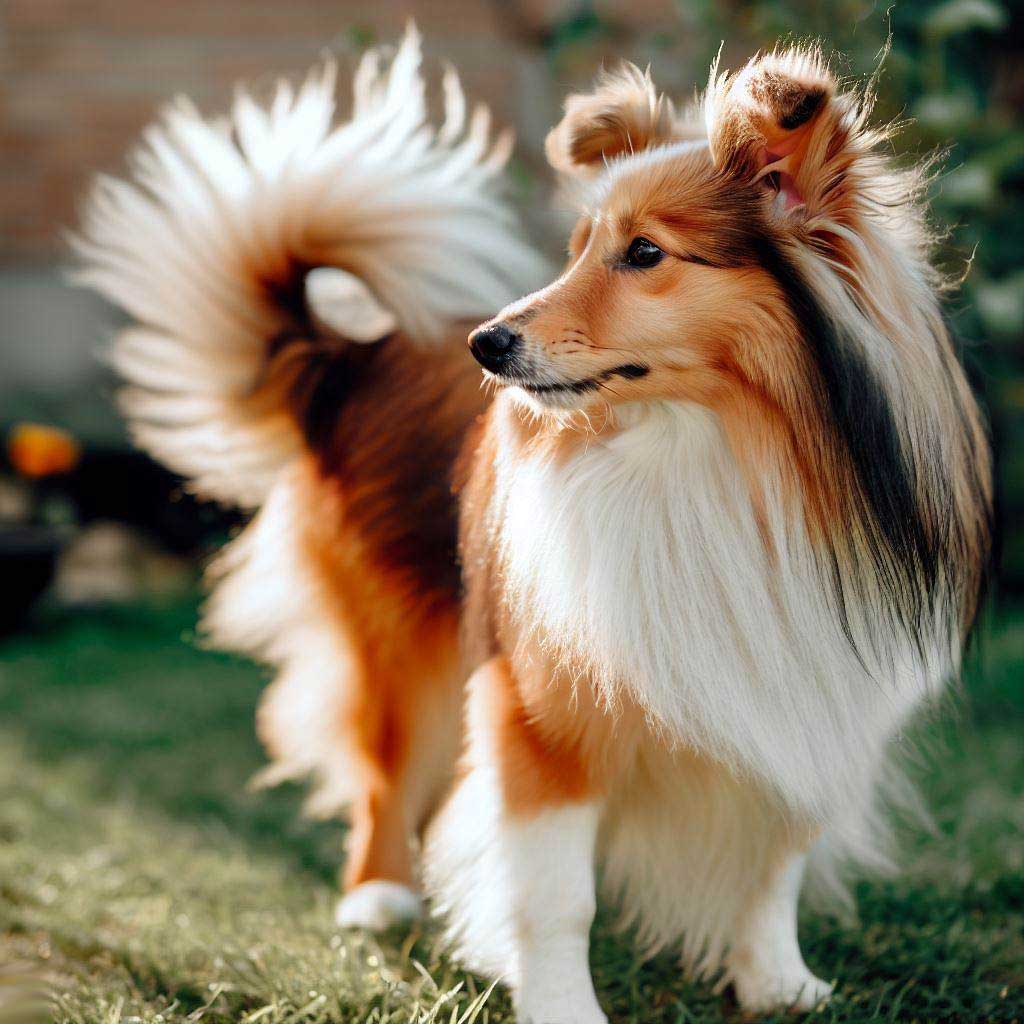What Are The Best Behaved Dog Breeds?
Best Behaved Dog Breeds: The Ultimate Top 20 Dog Guide. Discover traits, training tips, and find your perfect match in our expert list.
Table of Contents
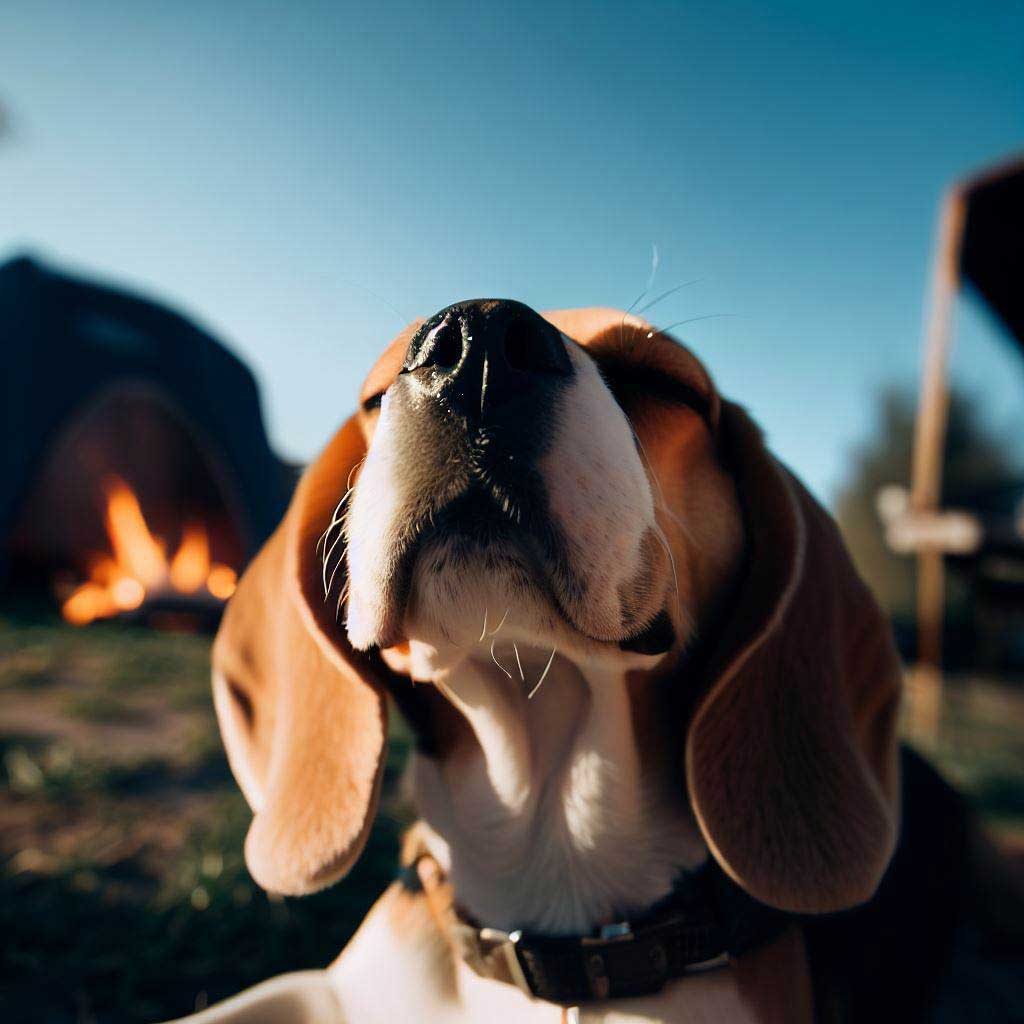
Introduction to Dog Breeds and Behavior
So, you’re pondering over the best-behaved dog breeds. What does this entail? Most aspiring dog owners envision a sidekick who’s loyal, affectionate, and disciplined.
The truth is, dogs mirror humans in showcasing distinctive personalities. These temperaments shift dramatically among breeds, with each painting a vivid palette of traits. Consider the never-ending enthusiasm of Border Collies contrasted with the regal stillness of a Saint Bernard.
Truly, dog behaviors span as wide a range as the breeds themselves.
Yet, breed doesn’t singularly dictate behavior. A dog’s demeanor evolves from a fusion of genetics, early experiences, training, environment, and more.
Ponder, for a moment, the Labrador Retriever’s well-documented sociability or the Border Collie’s intense vigor combined with sharp intellect. These behaviors spring from breed tendencies, but they aren’t immutable laws.
Importance of Selecting the Right Dog Breed
Diving into the world of dog breeds isn’t just a venture into looks or trends. At its core, it’s a deep dive into the heart of a breed’s instinctual behavior, asking whether it harmonizes with your own rhythms, home ambiance, and pet ownership visions.
When we bring up “best behaved dog breeds,” we spotlight breeds that are celebrated for their knack for training, adaptability, amiable nature, and equilibrium in energy.
But remember, even these top-tier breeds need nurturing through sound training and socialization to truly flourish. The breed you align yourself with has the potential to color your pet ownership experience, either elevating it with simplicity or embroiling it with unforeseen challenges.
In this segment, we’re poised to navigate you through the intricate terrain of dog breeds, highlighting those acclaimed for sterling behavior. We’ll dispel prevalent misconceptions, underline the pivotal role of training, and spotlight the top 20 best-behaved breeds.
Our goal is to illuminate your path towards enlightened pet ownership.
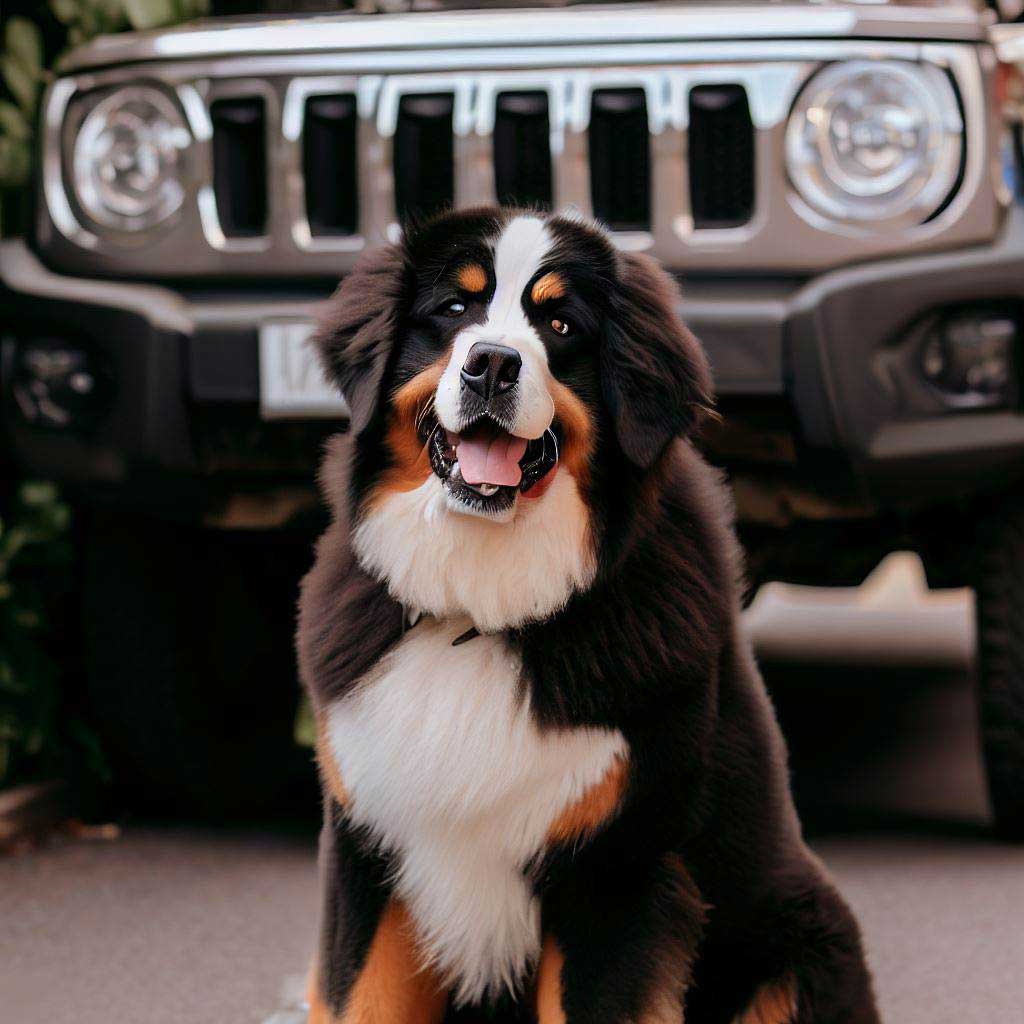
Understanding Dog Behavior
In the realm of dog breeds, the qualifier “best behaved” frequently garners attention. What nuances and depths does this term encompass?
What Does “Best Behaved” Mean?
In canine circles, “best behaved” unfurls as a multi-layered concept. It moves beyond just being obedient or placid. It encapsulates a suite of qualities that ensure a dog syncs smoothly with human living.
Exemplary dog breeds typically demonstrate a flair for training, warmth towards others, low aggression tendencies, and the agility to adapt across settings. However, individual variances can exist within the same breed. Still, there are breeds that consistently manifest these sterling qualities, thus clinching the title of “best behaved.”
Factors That Influence Dog Behavior
A dog’s behavior isn’t spun from a single thread; it’s a tapestry of myriad influences. While breed-driven characteristics hold weight, they intermingle with training, environment, and socialization to craft the complete picture.
- Training: Initiated early and pursued rigorously, training serves as a cornerstone. It instills etiquette, refines command adherence, and mitigates unwarranted behaviors. Typically, best-behaved breeds possess an innate affinity for training, simplifying the task.
- Environment: The ambiance in which a dog grows molds its behavioral pattern. A cherished and secure dog invariably radiates more balanced behavior than a sidelined one.
- Breed-Specific Traits: Instinctual behaviors emanate from distinct breeds. The herding prowess of Border Collies and the scent-driven curiosity of Beagles are testament to this. While these traits steer a breed’s behavior, they don’t strictly confine it.
The Role of Training and Socialization in Shaping Dog Behavior
Training and socialization emerge as twin pillars in sculpting a dog’s behavior, irrespective of its breed lineage.
- Training: This isn’t just about rote commands. It’s a bonding ritual between the dog and its guardian, reinforcing the owner’s role as the guiding star. All dogs, even those lauded for natural good behavior, thrive when enriched by systematic, unwavering training.
- Socialization: Introducing pups to a spectrum of humans, fellow animals, terrains, and experiences molds them into well-rounded adults. This exposure diminishes tendencies for fear and aggression, crafting dogs that are more balanced and at ease in diverse settings.
To truly understand dog behavior is to craft a bridge between your expectations and the potential of your chosen breed. While breed plays its tune, the dance of training and socialization harmonizes the symphony. Aim to sculpt a masterpiece, nurturing both you and your dog into a harmonious duet.
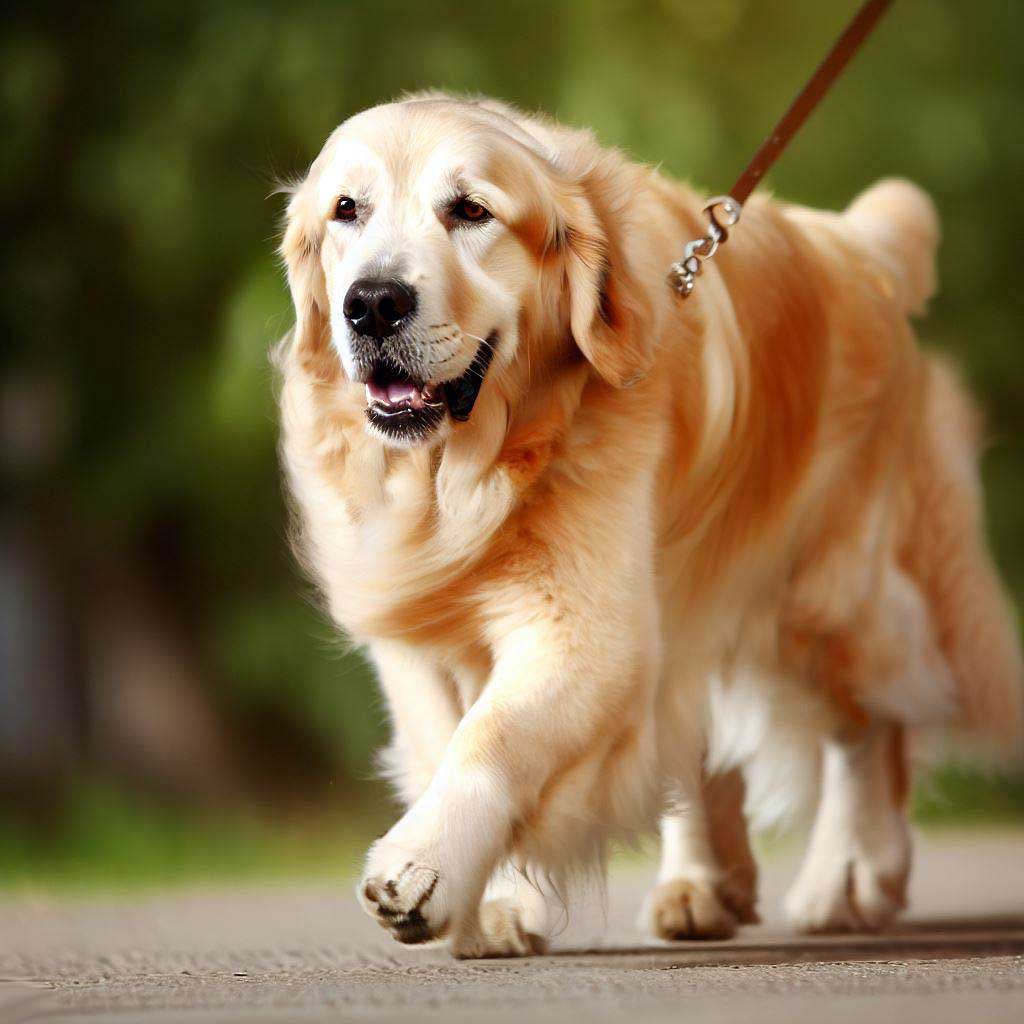
Decoding Dog Breeds
If you’re searching for your perfect canine companion, understanding the diverse world of dog breeds is essential. It’s particularly relevant when you’re on the lookout for the best behaved dog breeds. But how did these breeds come about, and how do they influence dog behavior? Let’s dive in.
Brief History and Evolution of Different Dog Breeds
The history of dog breeds is intertwined with human history. Dogs were likely the first domesticated animals, with evidence of domestication dating back around 15,000 years, and some theories suggesting it could be even longer.
Initially, dogs were primarily valued for their practical abilities, such as hunting, herding, guarding, or pulling loads. Early humans didn’t breed dogs for their appearance or behavior but for their utility. Over time, as societies evolved, so did the role of dogs. They became companions rather than merely workers.
This change initiated the development of various dog breeds. Humans started selectively breeding dogs that exhibited particular traits they desired, leading to the diverse array of breeds we have today. As societies became more advanced, breeds began to evolve based on aesthetic and behavioral characteristics, in addition to practical abilities.
From the towering Great Dane to the tiny Chihuahua, each breed carries a unique history and set of traits shaped by centuries of selective breeding.
How Breed Can Influence Behavior
Dogs, like fingerprints, are unique. Yet, there’s no denying that breed molds a lot of their behavior. Over time, specific behaviors were painstakingly bred into various breeds, crafting the behavioral profiles we recognize today.
This has been the cornerstone of many human-dog relationships, determining which dogs herd our sheep or safeguard our homes.
Consider the Border Collies and Australian Shepherds, breeds synonymous with intelligence and agility. Why?
These herders were sculpted over generations to weave around livestock, corralling them with precision. Their focused gaze and relentless stamina aren’t accidental but the products of selective breeding.
On the flip side, let’s take breeds like the Labrador Retriever or Golden Retriever. With their jovial nature and insatiable need to please, it’s no wonder they’ve become family favorites and often land on the list of best-behaved breeds.
Yet, it’s crucial to emphasize that breed, while influential, isn’t destiny. A dog’s environment, training, and formative experiences are potent shapers of behavior.
So, while you might encounter a hyperactive Golden Retriever or a mellow Border Collie, these outliers underline that individuality exists within any breed’s broader brushstrokes.
Highlighting the Diversity in Dog Breeds and Behavior
Dive into the kaleidoscope of dog breeds, and you’ll be awed by the dazzling array in physique, hues, and—most pivotally—temperament. This breathtaking diversity forms the heart of why dogs seamlessly integrate into a myriad of human lives, offering a tail-wagging companion for almost every whim and fancy.
Imagine you’re a marathoner, seeking a furry sidekick to match your strides. Breeds brimming with vigor and zest, like the Border Collie, Australian Shepherd, or the zippy Jack Russell Terrier, could be your ideal running buddies.
But if your idea of a perfect evening is a book, a cup of tea, and tranquility, the languid Basset Hound or the composed Shih Tzu—both renowned for their propensity for repose—might nestle into your life flawlessly.
In the pursuit of the best-behaved breeds, we often gravitate towards those that meld adaptability, affability, and trainability. It’s why dogs like the versatile Labrador Retriever or the affectionate Cavalier King Charles Spaniel frequently feature on such lists.
But “best-behaved” doesn’t mean “one-size-fits-all.” It’s a dynamic definition, hinging on what one seeks in a canine companion.
This voyage into understanding breeds isn’t just academic. It’s deeply practical. Aligning a dog’s inherent behaviors with your lifestyle is akin to crafting a harmonious symphony.
The result? A contented canine and a household imbued with mutual respect and joy.
Understanding the intricate tapestry of dog breeds—an interplay of history, genetics, and behavior—fortifies your quest to find that perfect pawed partner.
By anchoring your choices in this rich understanding, you’re poised to welcome a furry friend who’ll seamlessly mirror your rhythms, both in energy and emotion.
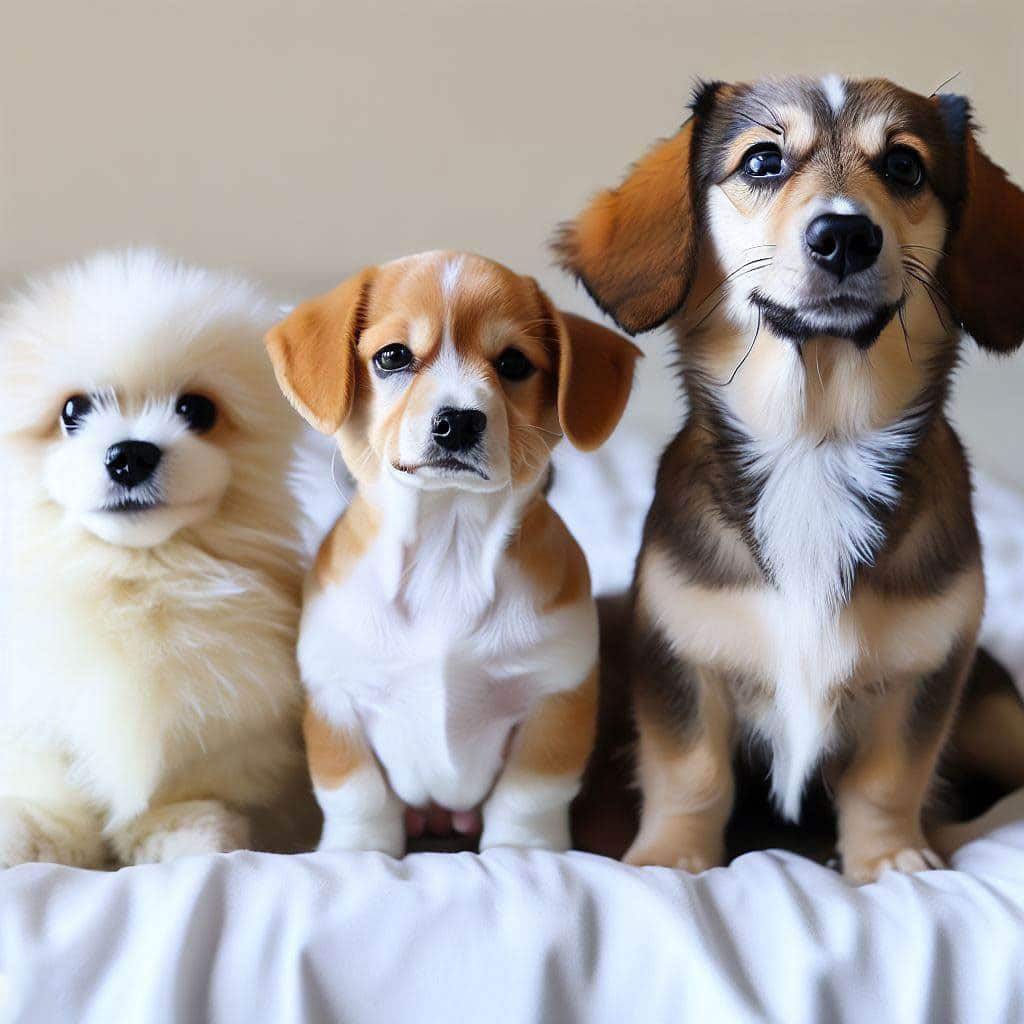
Criteria for the Best Behaved Dog Breeds
When we talk about the best behaved dog breeds, certain key criteria come into play. These factors generally influence the compatibility of a breed with various living situations and the ease of their training and socialization process.
- Trainability: This is a significant factor in determining the best behaved dog breeds. Breeds that respond well to training are generally easier to manage and less likely to exhibit unwanted behaviors. Dogs like the Labrador Retriever and the Border Collie, renowned for their intelligence and eagerness to please, often excel in this aspect.
- Aggression Level: A dog’s aggression level can profoundly impact its behavior. The best behaved dog breeds usually exhibit low levels of aggression, making them more suitable for families and shared living situations.
- Adaptability: Adaptability refers to a dog’s ability to adjust to various environments and situations. Dogs that are adaptable can better manage changes in their routine or surroundings, making them easier to live with. Breeds like the Beagle and the Bichon Frise are known for their adaptability.
- Temperament: A dog’s temperament significantly influences its behavior. Breeds known for their friendly and patient temperament, like the Golden Retriever and the Cavalier King Charles Spaniel, often rank among the best behaved dog breeds.
Individual Personalities Within the Same Breed
While certain breeds have general behavioral tendencies, it’s essential to remember that dogs are individuals, and their personalities can vary significantly, even within the same breed. Just like humans, dogs have unique personalities shaped by their genetics, experiences, training, and socialization.
For instance, while Labradors are generally known as friendly and outgoing dogs, you might occasionally find a Labrador that is shy or reserved. Similarly, while Border Collies are known for their high energy and intelligence, not every Border Collie will necessarily be a whizz at agility training or have a constant need for activity.
Therefore, when considering the best behaved dog breeds, it’s important to look beyond the general breed characteristics and consider each dog as an individual. The most compatible dog for you will depend on your lifestyle, your home environment, and your willingness to invest time and effort in training and socialization.
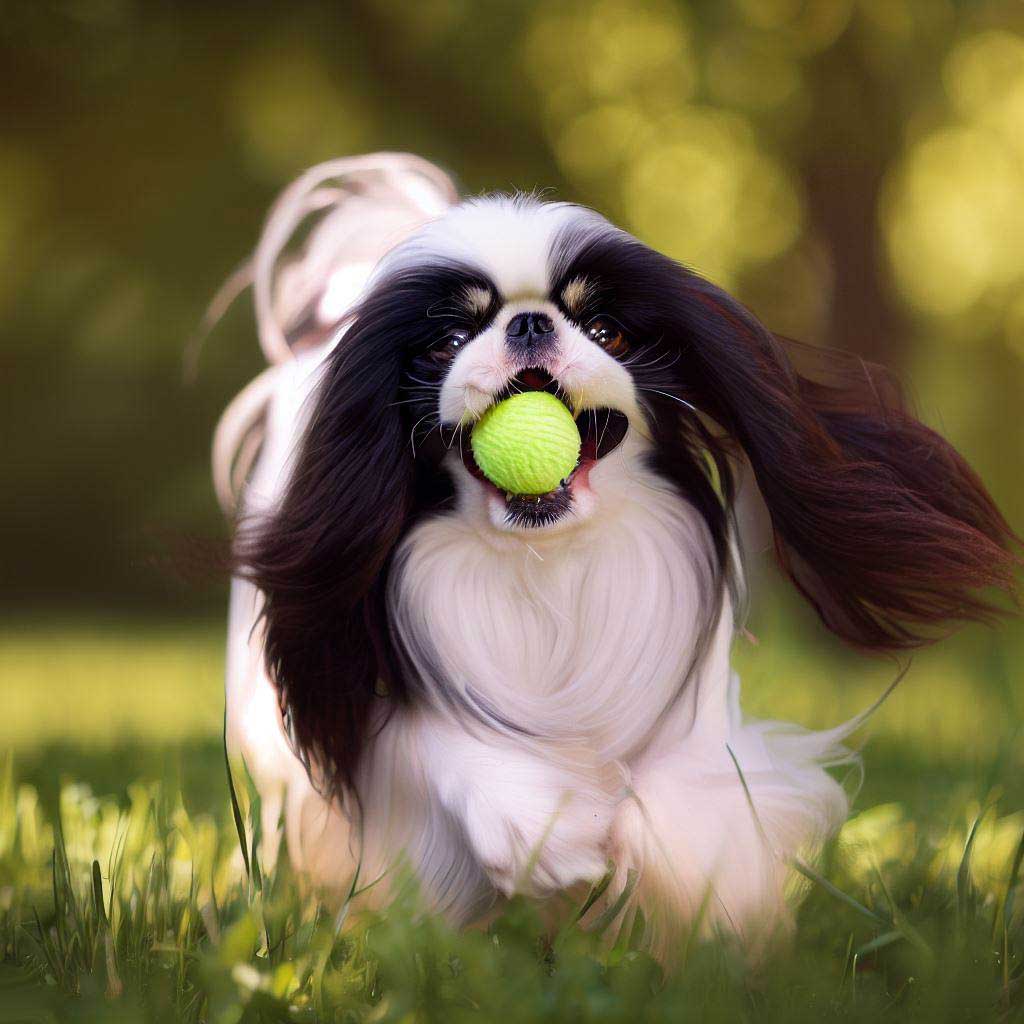
Benefits of Choosing a Well-Behaved Breed
Choosing a dog from the best behaved dog breeds carries numerous benefits, not just for you as an owner but also for the dog itself. From the ease of training to the joy of sharing your home with a friendly, adaptable pet, well-behaved breeds can be a joy to live with.
Advantages of Having a Well-Behaved Dog
- Ease of Training: One of the most significant benefits of opting for a well-behaved breed is the relative ease of training. Breeds that are known for their good behavior usually respond well to training efforts. They are often eager to please and quick to pick up commands, making the training process smoother and more enjoyable.
- Sociability: Well-behaved breeds are typically sociable and get along well with humans and other animals. This sociability makes integrating them into your household much simpler, and their friendly demeanor often brings a lot of joy and companionship.
- Reduced Behavioral Issues: While all dogs can have behavioral issues, selecting from the best behaved dog breeds often minimizes these challenges. These breeds are less likely to exhibit problematic behaviors like excessive barking, digging, or aggression.
- Adaptability: Well-behaved breeds are often more adaptable to a variety of living situations. Whether you live in a small apartment or a house with a large yard, these breeds are typically better equipped to adjust to their environment.
Impact of a Well-Behaved Dog on Family Life
Having a well-behaved dog can greatly enhance family life. They often fit seamlessly into the household routine and adapt well to changes, creating a more harmonious living situation.
For families with children, breeds that are known for their gentle, patient, and friendly demeanor, like the Golden Retriever, can make excellent pets. They not only act as loyal companions for the children but also teach them valuable lessons about responsibility, compassion, and empathy.
In households with other pets, selecting from the best behaved dog breeds can ease the introduction and integration process. These dogs are typically more accepting of other animals and show less aggression, leading to a peaceful multi-pet household.
Selecting from the best behaved dog breeds can greatly enrich your life and your family dynamics. These dogs, known for their good behavior, adaptability, and sociability, bring not just companionship but also a sense of tranquillity and balance into your home.

Debunking Myths Surrounding Dog Behavior
Diving into the world of the best-behaved dog breeds, it’s imperative to disentangle fact from fiction.
Pervasive myths and misconceptions about dog behavior often originate from breed generalizations. This leads us down a path of potentially misguided beliefs about which breeds are the “heroes” and which the “villains”.
The Fallacy of “Bad Behaved” and “Good Behaved” Breeds
A widely accepted myth in the canine realm is the stark classification of certain breeds as either “bad behaved” or “good behaved.” While breed traits can offer a general behavioral template, it’s a grievous error to paint entire breeds with such a broad brush.
Consider, for instance, the often-maligned breeds: Pit Bulls and Rottweilers. Public perception frequently casts them in roles of inherent aggressiveness or disobedience.
On the other end of the spectrum, Golden Retrievers are exalted as paragons of canine virtue, often lauded as the epitome of well-behaved breeds. But, is this binary thinking accurate?
Aggression, or any other behavioral trait for that matter, doesn’t come with a breed-specific stamp.
Factors such as early experiences, upbringing, socialization, and even individual disposition play roles as crucial, if not more so, than mere genetics.
To illustrate, while many Golden Retrievers radiate warmth and affability, an inadequately socialized or mistreated one might display contrary behaviors.
Each Dog is Unique and Individual
While the quest for the best behaved dog breeds is worthwhile, let’s always anchor ourselves in the truth: every dog is an individual mosaic of temperament, quirks, and potential.
The breadth and depth of their personalities are as varied as our own human idiosyncrasies.
Even within the confines of a single breed, each dog possesses a distinct flavor of temperament.
Beyond breed, a myriad of factors steer a dog’s behavioral course. Their training, environment, the quality of socialization, and life experiences act as the winds that fill the sails of their behavior.
It’s perfectly plausible for a breed often pegged as “challenging” to produce a model canine citizen with the right environment and upbringing. Conversely, even a breed lauded for its innate good behavior can produce outliers if not nurtured appropriately.
A quick example: Labradors, celebrated for their affable nature, can sometimes be whirlwinds of energy, potentially spiraling into destructive behavior if not given enough physical and mental engagement.
Contrastingly, a breed like the Border Collie, sometimes viewed as high-strung or “difficult,” might blossom into a remarkably well-behaved companion in a household offering ample stimulation.
To wrap up, while breed can give us a ballpark idea, it shouldn’t be the sole barometer for predicting dog behavior.
The most harmonious dog-owner relationships emerge when the needs of individual dogs find resonance with the capabilities and lifestyles of their human companions, underpinned by dedicated training and socialization efforts.
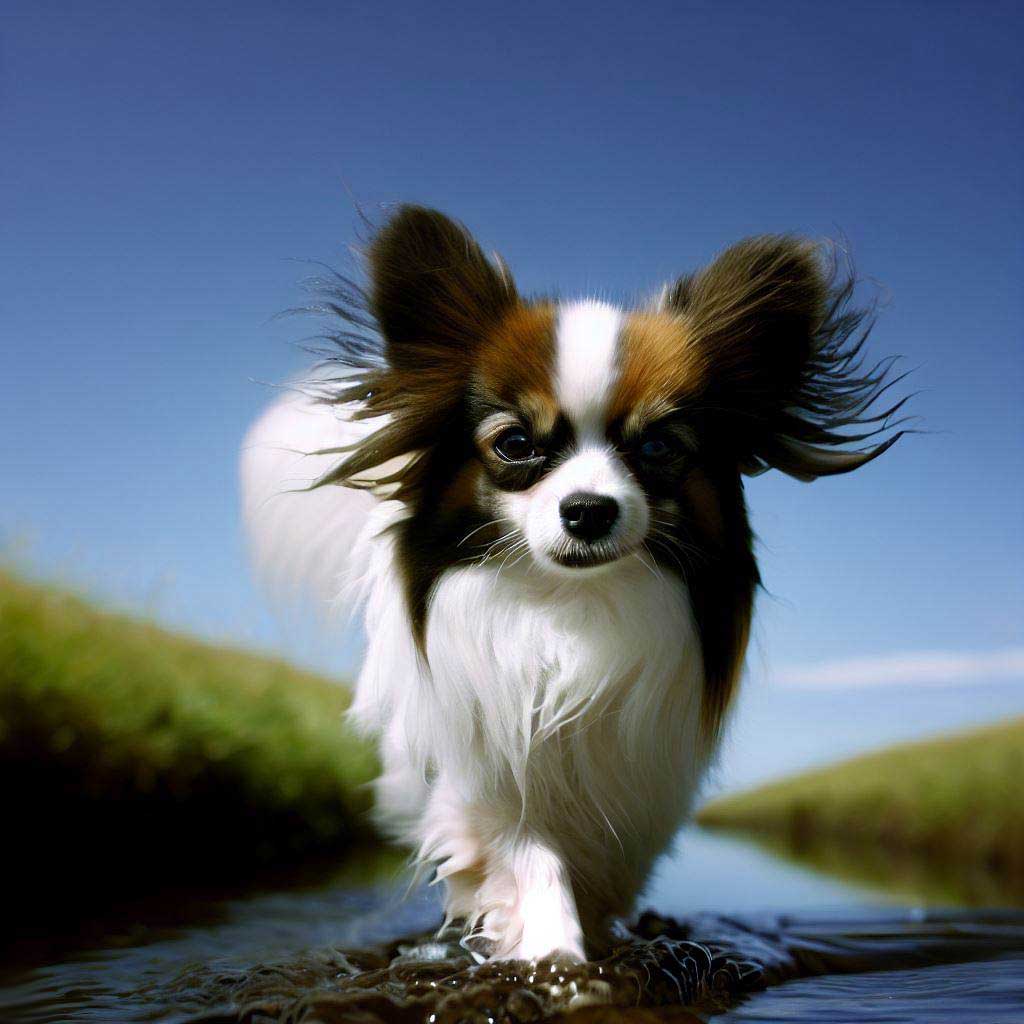
How to Encourage Good Behavior in Any Breed
All dog breeds, from the spirited Jack Russell Terrier to the placid Basset Hound, possess the capacity to showcase remarkable behavior.
It’s a fusion of meticulous training, wholesome socialization, and uplifting positive reinforcement that paves the way.
While starting your journey with one from the list of best-behaved dog breeds might seem like a shortcut, the golden truth remains: any breed, with nurturing and persistence, can be guided to stellar behavior.
Importance of Training, Socialization, and Positive Reinforcement
Training sits at the core of molding exemplary canine behavior. Whether it’s the basics like ‘sit’ or ‘come’ or intricate drills like ensuring your pup behaves impeccably on a leash, training crafts a channel of dialogue between you and your furry friend.
Now, imagine complementing this with positive reinforcement. Rewarding their good deeds with a delectable treat, an ecstatic “Good boy/girl!”, or a heartening pet amplifies their learning experience, making it not just effective, but a joyous bonding moment.
However, training isn’t the only puzzle piece. Introducing your dog to a spectrum of people, ambiances, and fellow animals—aka socialization—imbues them with the adaptability to glide gracefully through diverse situations.
It’s like giving your dog a social toolkit to navigate the world confidently, curbing unwarranted anxieties and fears. Whether you own a poised poodle or an ebullient beagle, these principles hold the keys to behavioral excellence.
Addressing Behavioral Issues – Early Intervention, Patience, Consistency
Navigating the labyrinth of canine behavioral issues demands a trinity of tactics: proactive intervention, unyielding patience, and rock-solid consistency.
Addressing a concerning behavior at its infancy often translates to a smoother correction journey. Let that minor growl or harmless nibble fester, and you might find yourself grappling with a deeply ingrained habit that’s stubbornly resistant to change.
Consistency forms the backbone of behavioral rectification.
Picture this: you’re determined to end your Golden Retriever’s penchant for leaping onto guests. If you respond with a firm ‘no’ one day and laugh off their antics the next, you’re sending mixed signals.
Consistency ensures that every family member sings the same tune, ensuring the dog learns faster and more efficiently.
Lastly, wear patience like armor. Behavioral metamorphosis is seldom an overnight saga.
There will be days of triumphant progress and others of baffling setbacks. But, armed with patience and fortified by consistent efforts, you’re charting a course to behavioral brilliance.
While beginning with one of the best-behaved dog breeds will feel like a gentle nudge in the right direction. But the path to impeccable behavior is a dance of diligence, understanding, and consistency, irrespective of the breed you choose.
Sneak Peek into the Best Behaved Dog Breeds
As we stand on the precipice, ready to plunge into the captivating realm of the best-behaved dog breeds, let’s take a brief, wistful look back at the labyrinthine journey we’ve embarked on.
This has been an odyssey rich in unraveling the many layers of canine behavior.
What resonates loudly is the revelation that impeccable behavior doesn’t solely reside in one breed’s domain. Rather, it blossoms from meticulous training, unwavering socialization, and an environment saturated with love and care.
But here’s the intriguing twist: while all dogs have potential, many future dog parents, armed with research, find themselves irresistibly drawn to particular breeds. Why?
Because these breeds shimmer with certain traits that often simplify the training process. They might be quick learners, seamlessly adapt to varied surroundings, or wear their social badges with pride.
Imagine breeds that effortlessly combine intelligence with a burning desire to win over your heart – that’s what many of us, as pet enthusiasts, dream of.
What can you expect?
Now, as you bubble with curiosity, what should you anticipate from our impending expose on the best-behaved dog breeds?
Prepare for a rich tapestry of breeds: from the pint-sized bundles of joy to the majestic giants, from the whirlwind energizers to the zen masters of relaxation.
Though each breed spins its own enchanting tale, a common thread of consistently exemplary behavior runs through them.
Yet, let’s etch this crucial mantra onto our minds: each dog, even the paragons of behavior from our list, bursts with individuality.
This individuality comes packed with distinct needs and idiosyncrasies. Training and proper socialization emerge as the twin pillars holding up the mansion of magnificent behavior, irrespective of the breed’s lineage.
Brace yourself to embark on a whirlwind tour of breeds renowned for their impeccable manners.
Equip yourself with insights, ensuring that when you extend your family to include another furry individual, you do so with clarity and wisdom. As the curtain rises, stay riveted to meet the best-behaved dog breeds in our imminent showcase!

Top 20: Best Behaved Dog Breeds
Labrador Retriever:
In the tapestry of the canine world, Labrador Retrievers shine as golden threads. Because they are revered worldwide, these affable creatures embody the quintessence of “man’s best friend.” Hence, radiating intelligence and an insatiable zest to please, their adaptability is nothing short of remarkable. From joyous family gatherings to solemn service roles—like guiding the visually impaired or rescuing the lost—Labs demonstrate their exemplary behavior with panache and style.
Golden Retriever:
Bask in the sunlit glow of the Golden Retrievers! Because their cheerful aura and boundless love can light up any room. Their intuitive nature, coupled with an earnest desire to please, crafts them into one fo the swiftest learners. Hence, these affable giants revel in familial warmth, etching indelible bonds with their human pals. Such sterling qualities resonate with why Golden Retrievers find themselves crowned among the best behaved canine royalties.
Poodle:
Beyond the chic hairdos and posh strides lies a Poodle’s prodigious intellect. These elegant maestros, be it the regal standard or the petite toy, navigate the world with sharp wit and commendable obedience. Firstly, their adaptability is a testament to their behavioral excellence. And secondly, their ability to blend seamlessly into diverse settings—from bustling city apartments to tranquil countryside homes—which elevates them to the elite echelons of one of the most well-behaved breeds.
Beagle:
The Beagle’s symphony is one of jubilant barks and spirited trots. Their exuberant spirit and sharp intellect make them the cherished companions of many, especially youngsters. Although occasionally donning the hat of a playful stubborn, their innate affability and insatiable curiosity shape their training journey. Their fervor for camaraderie ensures they steer clear of the shadows of aggression, hence marking them as one of the canine elites.
Bichon Frise:
Dive into the buoyant world of the Bichon Frise! These fluffy, cheerful dynamos flourish amidst human interactions and their amiable disposition aligns harmoniously with their adaptability with any family. From the cozy corners of apartments to the sprawling gardens of mansions, they radiate their impeccable behavior consistently. So if you’re new to the realm of pet parenting: Bichon Frises, with their responsive nature, could be your guiding star.
Border Collie:
The relentless zeal of the Border Collie is legendary. These tireless aficionados, brimming with intelligence, approach tasks with unparalleled fervor. Due to their insatiable appetite for tasks makes them industrious companions, ensuring they seldom tread the path of mischief. But remember: their boundless energy craves outlets—both mental and physical. Cater to their spirited nature, and you’ll witness a Border Collie transform into the paragon of impeccable behavior.
Cavalier King Charles Spaniel:
Elegance personified, Cavaliers radiate affection and intelligence. Their demeanor? Effortlessly relaxed. Are they adaptable? Absolutely. For families or solo dwellers, they merge seamlessly with your lifestyle. whether they’re just lounging or frolicking, they’re in their element. Such versatility underlines their behavioral prowess.
Shih Tzu:
Meet the Shih Tzus: simply, they are bubbling fountains of friendliness. Destruction? It’s not in their playbook. They exude genuine warmth, that harmonizes with all humans and other pets. Whther you live ins an apartments or a sprawling home, they adjust effortlessly. Their demeanor and trainability make them genuine top contenders in the well-behaved league.
Brussels Griffon:
Size can be deceiving with Brussels Griffons. Bursting with charisma and intellect, they stand tall behaviorally. Training them is mostly a breeze and not difficult to achieve. Their zest demands consistent exercise, curbing mischief. Their emotive gazes captivate, ensuring their elite status in the well-behaved brigade.
Papillon:
Spot a Papillon and you’ll see butterfly wings as ears. Brimming with wit, they’re champions in obedience. Within the agility arenas often showcases their prowess. Petite frames, but their adaptability astounds. Their zeal for knowledge coupled with affability includes them unquestionably among the behavioral best.
Australian Shepherd:
Ironically, Australian Shepherds hail from the U.S., not Australia. Born as herders, their intelligence shines brightly due to their task-oriented and multifaceted nature, so training them feels natural. When socialized and purpose-driven, they exemplify behavioral excellence. Their affinity for kids is unparalleled therefore active families find in them a dynamic ally.
Boxer:
Meet the Boxer, simply a dynamo of energy and playfulness. Because their intelligence shines, especially when honed with diligent training, they’re fiercely loyal. They will shield their families with unparalleled dedication. Their affinity for kids is remarkable and due to their adaptability, they clearly rank among the behavioral elite.
Havanese:
From Cuba’s heart, emerges the charismatic Havanese. Although they are small in stature, theyhave a monumental spirit. Their amiable nature and brilliance make training a joyride. For families or lone rangers, they fit impeccably. Their congenial behavior is exemplary, hence earning them an honorable mention among the best.
Newfoundland:
Behold the Newfoundland, often dubbed “Nature’s Babysitter.” Their demeanor is an embodiment of kindness. In addition to their patience, gentleness, and smarts define them. Keen to please and inherently protective, their reputation soars. Their colossal size doesn’t deter adaptability which is a testament to their behavioral grace.
Bernese Mountain Dog:
Enter the Bernese Mountain Dog, radiating serene friendliness and with their wit and eagerness, simplify the training journey. Harmony with kids and other pets is absolute. Even though their vast frame and outdoor ardor need space, they are behavioral gems, hands down.
Shetland Sheepdog:
Shetland Sheepdogs, or Shelties, often echo Rough Collies in miniature. Their intelligence and agility is unquestionable. They master obedience, picking up cues in a flash. Becasue their lineage demands stimulation, both mental and physical, they undoubtedly stand tall among our best behaved top 20 list.
Japanese Chin:
Elegance meets charm in the Japanese Chin. Their cat-like agility mesmerizes with balancing playfulness with serenity. Some even say they’ve mastered canine style and panache. Intellectually gifted, they’re a trainers delight. Their affection and adaptability is undeniable, hence a well deserving accolade ranking high among behavioral champions.
Boston Terrier:
Greet the vibrant Boston Terrier. Bursting with friendliness and wit, city life suits them perfectly. Their rapport with kids and other canine pets is admirable. Their swift learning curve enviable. And thus, they parade proudly on the best-behaved pedestal.
Basset Hound:
Behold the Basset Hound, often mistaken as melancholic but underneath lies a heart brimming with friendliness. Loyalty courses through their veins but they do exhibit stubborn streaks occasionally. Yet, their laid-back aura and commendable behavior secure their elite status amongst our list.
English Bulldog:
The English Bulldog wears a mask of willful charm. Beneath is a sea of docility and warmth and aggression is rarely a concern. Their tenacity might test trainers, but patience transforms them. Their family-fitted demeanor is priceless and hence consequently, they clinch a top spot in behavioral ranks.
A Culmination of Canine Grace
While each breed flaunts its distinctive excellence, a common thread binds them: exemplary behavior. But let’s a little dive deeper.
Beyond the breed lies a mosaic of training, love, and nurture. It’s crucial to understand: whilst the breed might predispose, but environment and upbringing sculpt. Thus, even within these renowned breeds, personalities may vary. So, a well-behaved companion emerges not merely from breed but from a harmonious blend of nature and nurture.
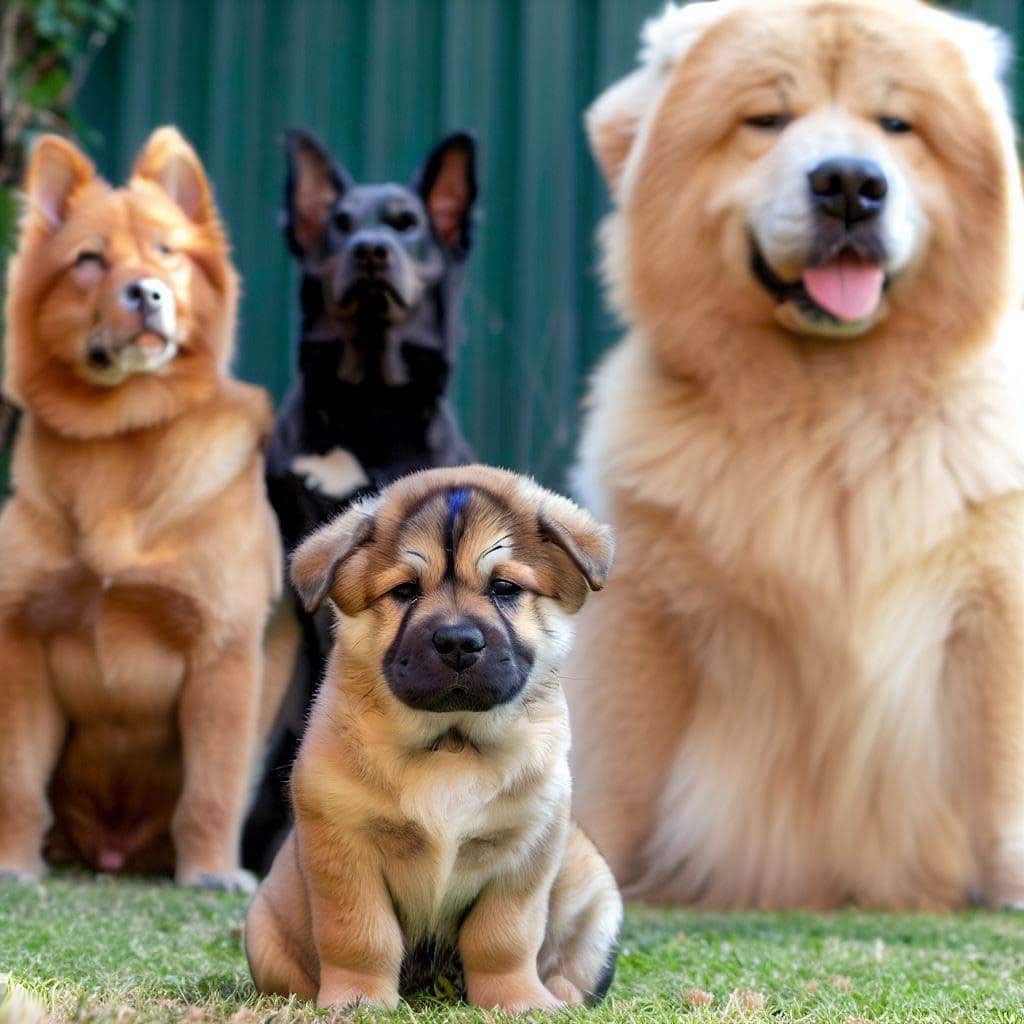
Conclusion: Best Behaved Dog Breeds
Our journey through the realm of the best behaved dog breeds has illuminated the fascinating interplay of breed-specific traits, individual personality, and the crucial role of appropriate training and socialization. Indeed, these elements converge to shape a dog’s behavior.
While certain breeds are known for their propensity towards certain behaviors, it’s pivotal to acknowledge that every dog is unique. Their individual personalities, life experiences, and the care they receive can shape their behaviors immensely. The best behaved dog breeds are often those that are adaptable, trainable, and display lower levels of aggression. However, these traits do not make a dog “better” in the universal sense, but may simply make them more compatible with certain lifestyles or household environments.
Choosing a dog breed should never be solely based on generalizations about behavior. Hence the top 20 best behaved dog breeds we’ve explored offer a wide range of temperaments, sizes, and energy levels, reflecting the wonderful diversity in the canine world. Remember, a breed that’s well-behaved in general may not be the best fit for your specific lifestyle or family situation.
The key takeaway
If you’re considering welcoming a new furry member into your home, it’s vital to research the best behaved dog breeds, but also to understand that these are guidelines rather than rules. The joy of dog ownership comes from the bond you form with your pet, the lessons you learn together, and the unique personality your pet brings into your life.
In the end, the most important factor is not necessarily choosing from the best behaved dog breeds, but finding a companion who matches your lifestyle and with whom you can form a strong, loving bond. After all, a well-behaved dog is often a happy, well-loved, and well-cared-for dog.
FAQ: Best Behaved Dog Breeds
What does it mean for a dog to be “well-behaved”?
Well-behaved dogs are typically easy to train, adapt well to various environments, are not prone to aggressive behavior, and have a temperament that is calm or manageable. However, remember that even the best behaved dog breeds can display undesirable behaviors if not properly trained or socialized.
Are certain dog breeds naturally better behaved than others?
Certain breeds are known for characteristics that can make them easier to train or more adaptable, leading them to be seen as “better behaved”. However, this does not guarantee that every dog of that breed will exhibit these characteristics. Individual behavior can vary greatly within a breed.
Can the best behaved dog breeds still have behavioral issues?
Absolutely. Even within the best behaved dog breeds, individual dogs may still have behavioral issues. Training, socialization, and a suitable environment are critical in shaping a dog’s behavior, regardless of their breed.
Do smaller breeds tend to be better behaved than larger breeds?
Size does not necessarily determine behavior. Good behavior is a result of many factors including breed traits, training, socialization, and individual personality. Some smaller breeds may be more energetic and require more training, while some larger breeds can be more relaxed.
Are the best behaved dog breeds always the best choice for families?
Not necessarily. While the best behaved dog breeds can be a great starting point when looking for a family pet, it’s important to consider other factors like the breed’s energy level, size, and compatibility with children or other pets. Always ensure the breed matches your family’s lifestyle.
What are some of the best behaved dog breeds?
Breeds often regarded as well-behaved include the Labrador Retriever, Golden Retriever, Poodle, Collie, and the Cavalier King Charles Spaniel. However, individual behavior can vary even within these breeds.
Are the best behaved dog breeds easier to train?
Often, breeds that are considered well-behaved are also known for their trainability. However, an easy-to-train breed doesn’t guarantee a well-behaved dog. Consistent training and positive reinforcement are key in shaping any dog’s behavior.
Can a dog from a breed not known for good behavior still be well-behaved?
Absolutely. Even breeds not typically known as the best behaved dog breeds can have individuals that are well-mannered and easy to train. Good behavior in dogs is not solely determined by breed, but also by factors like training, socialization, and environment.
How can I encourage good behavior in my dog, regardless of breed?
Training, positive reinforcement, and early socialization are crucial. Providing a stable, loving environment and fulfilling your dog’s physical and mental needs can also significantly encourage good behavior.
Do the best behaved dog breeds make good pets for first-time dog owners?
Often, yes. The best behaved dog breeds can be a good choice for first-time owners due to their trainability and adaptability. However, potential owners should still consider other breed traits and requirements to ensure they can meet the dog’s needs.
In the world of dogs, breed can give us a guideline, but it’s crucial to remember that every dog is an individual. A dog’s behavior is a product of its training, socialization, environment, and personality just as much as its breed.
Which is the best behaved dog breed?
It’s challenging to pinpoint a single “best behaved” breed as behavior varies among individual dogs. Training and upbringing play significant roles, but generally, breeds like Labrador Retrievers and Golden Retrievers are known for their good temperament.
What is the nicest and calmest dog breed?
Bulldogs, Basset Hounds, and Cavalier King Charles Spaniels are often cited among the nicest and calmest dog breeds. Hence, they tend to be gentle, affectionate, and good with families, but individual temperament can vary.
What are the most well-behaved puppies?
Breeds like the Labrador Retriever, Golden Retriever, and Poodle are often considered to be well-behaved puppies. However, proper training and socialization are key to cultivating positive behavior in any puppy.
Is a bull terrier a best-behaved dog breed?
Bull Terriers can be very loving and loyal but require proper training and socialization. Hence, they may not be considered the best behaved among all breeds, but with the right upbringing, they can be wonderful pets.
What’s a well-behaved dog?
A well-behaved dog listens to commands, interacts positively with humans and other animals, and adapts well to different environments. Because this behavior often results from proper training, socialization, and consistent reinforcement is very important.
What is the most misbehaved dog breeds?
It’s not very accurate to label a breed as inherently “misbehaved” because individual behavior varies, and what might be perceived as misbehavior often results from lack of training or understanding of a breed’s specific needs.
What are the best small dog breeds?
Breeds like French Bulldogs, Shih Tzus, and Dachshunds are popular small dog breeds. But their behavior, like all dogs, will be influenced by training, socialization, and individual personality.
Is a German Shepherd a best-behaved dog breed?
German Shepherds are known for their intelligence and often excel in obedience training. Hence, they can be among the best-behaved breeds when properly trained and socialized.
Is a bull terrier one of the worst behaved dog breeds?
It’s not fair to categorize Bull Terriers as one of the “worst behaved” because with proper training, socialization, and understanding of their energetic nature, they can be wonderful and obedient pets.
Can a shepherd dog be trained to behave?
They sure can, shepherd dogs like the German Shepherd and Australian Shepherd are highly trainable. And with consistent training and positive reinforcement, they often excel in obedience.
Is an older obedient dog a good Christmas present for my kids?
An older, obedient dog can be a wonderful addition for Christmas to a family, but understanding the responsibility and commitment required is paramount with any ‘gift’. Also very important is that it’s crucial to ensure that the family’s lifestyle aligns with the dog’s needs before you pull the trigger on purchasing the gift.
What medium to large dog is classified as one of the most well-behaved dogs?
Labrador Retrievers, Golden Retrievers, and Standard Poodles are often considered well-behaved medium to large dog breeds, especially with proper training and socialization.
What’s the best-behaved dog for my grandparents?
Consider a calm and gentle breed like the Bichon Frise or Cavalier King Charles Spaniel for your grandparents. But remember that the specific needs, mobility and lifestyle of your grandparents should guide the choice.
Is a mixed dog well behaved enough for work with farm animals?
A mixed-breed dog can be just as well-behaved as a purebred dog, but depending on its upbringing. Training, socialization, and understanding the specific needs of farm work are key with any dog interacting with other farm animals.
What are the top dogs good for work in rural areas?
Breeds like Border Collies, Australian Shepherds, and Australian Cattle Dogs are often considered top working dogs in rural areas due to their intelligence, agility, and work ethic. But the list doesn’t end there, there are many other breeds that have worked well in rural country settings exceptionally well. It depends on the work that you need done, mixed in with family goals and lifestyles.
Do work dogs work well with kids on a farm?
Work dogs like Border Collies and Australian Shepherds can work well with kids on a farm, provided they are properly trained and socialized, and the children are taught how to interact safely with them. Some families even keep the work dogs separate from the family and sometimes have a different ‘house’ dog for the family, that doesn’t join the work dogs when working.
Is a German Shepherd one of the best friendly dog breeds?
German Shepherds are often considered friendly, loyal, and intelligent and one of the best dogs to own. They are known for their protective nature, making them excellent family pets when properly trained and socialized. However, their behavior can vary among individual dogs. So, a well-trained German Shepherd with proper socialization is likely to be friendly and approachable, but understanding and meeting their specific needs are key to ensuring a positive temperament.
